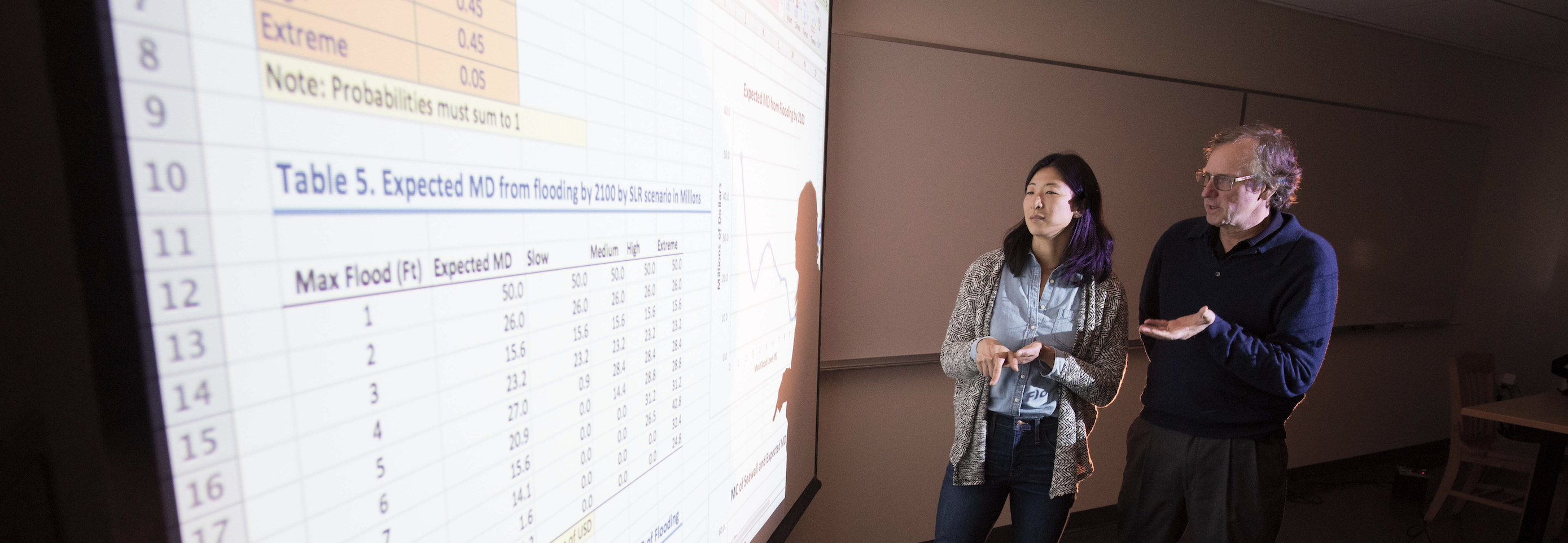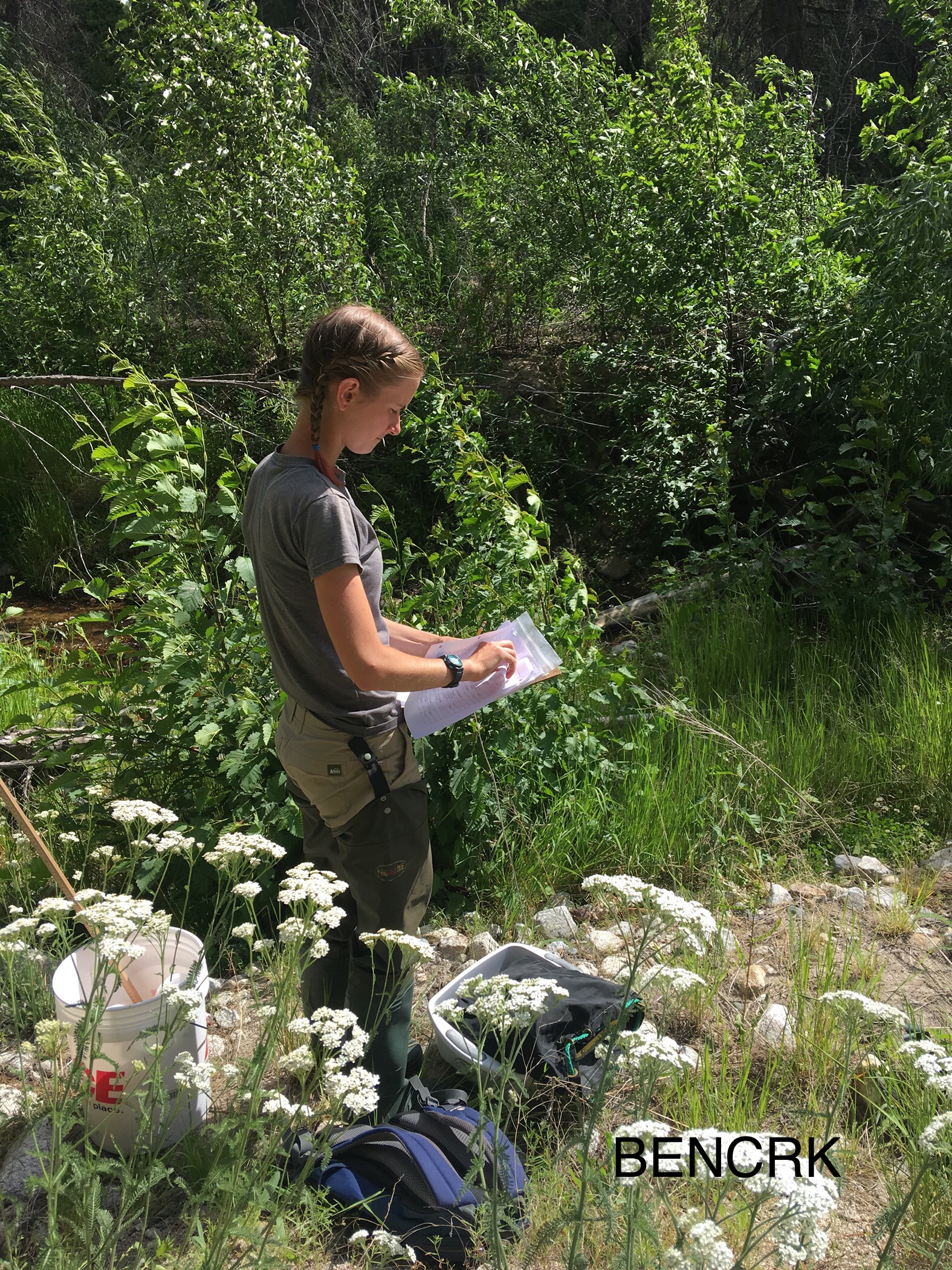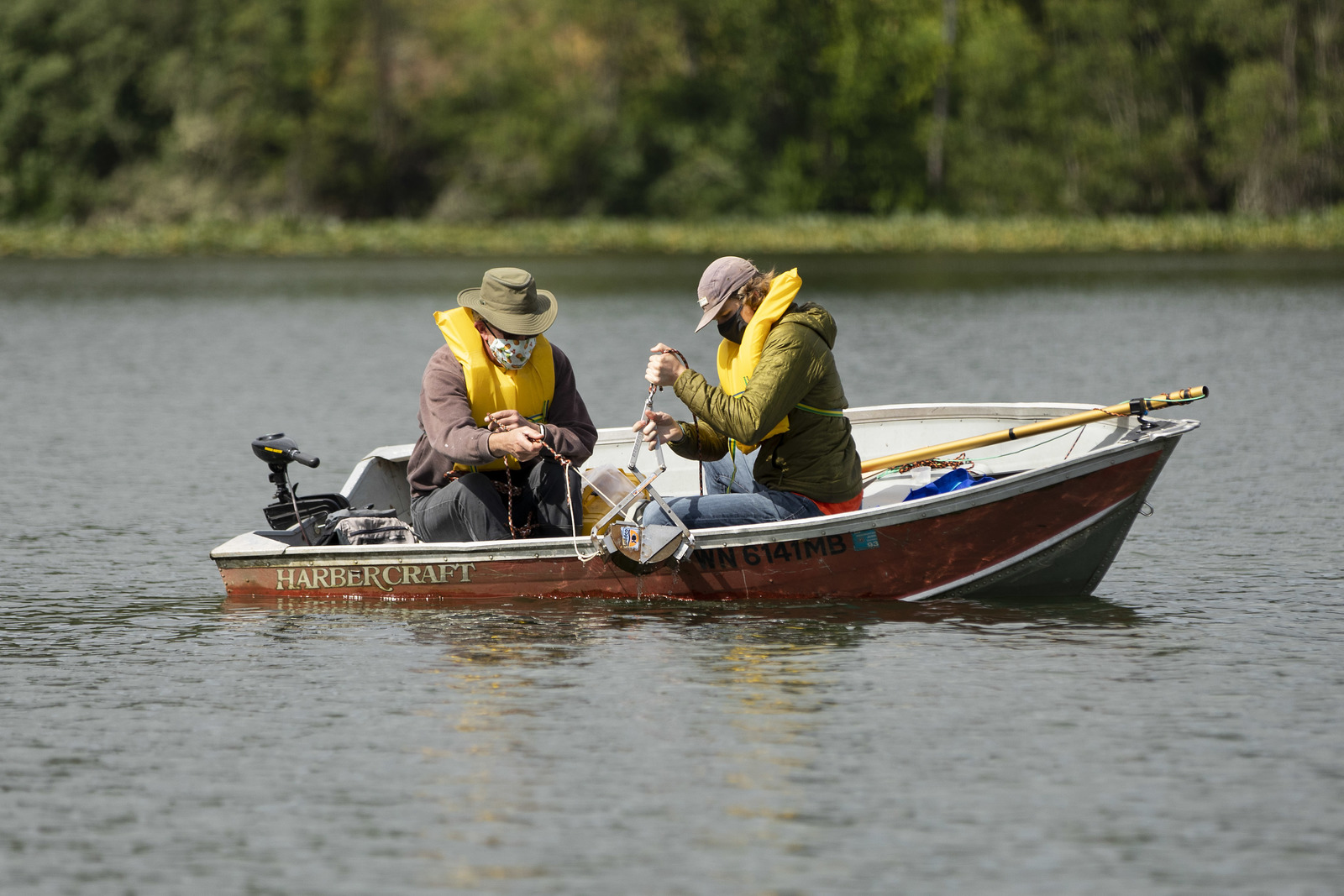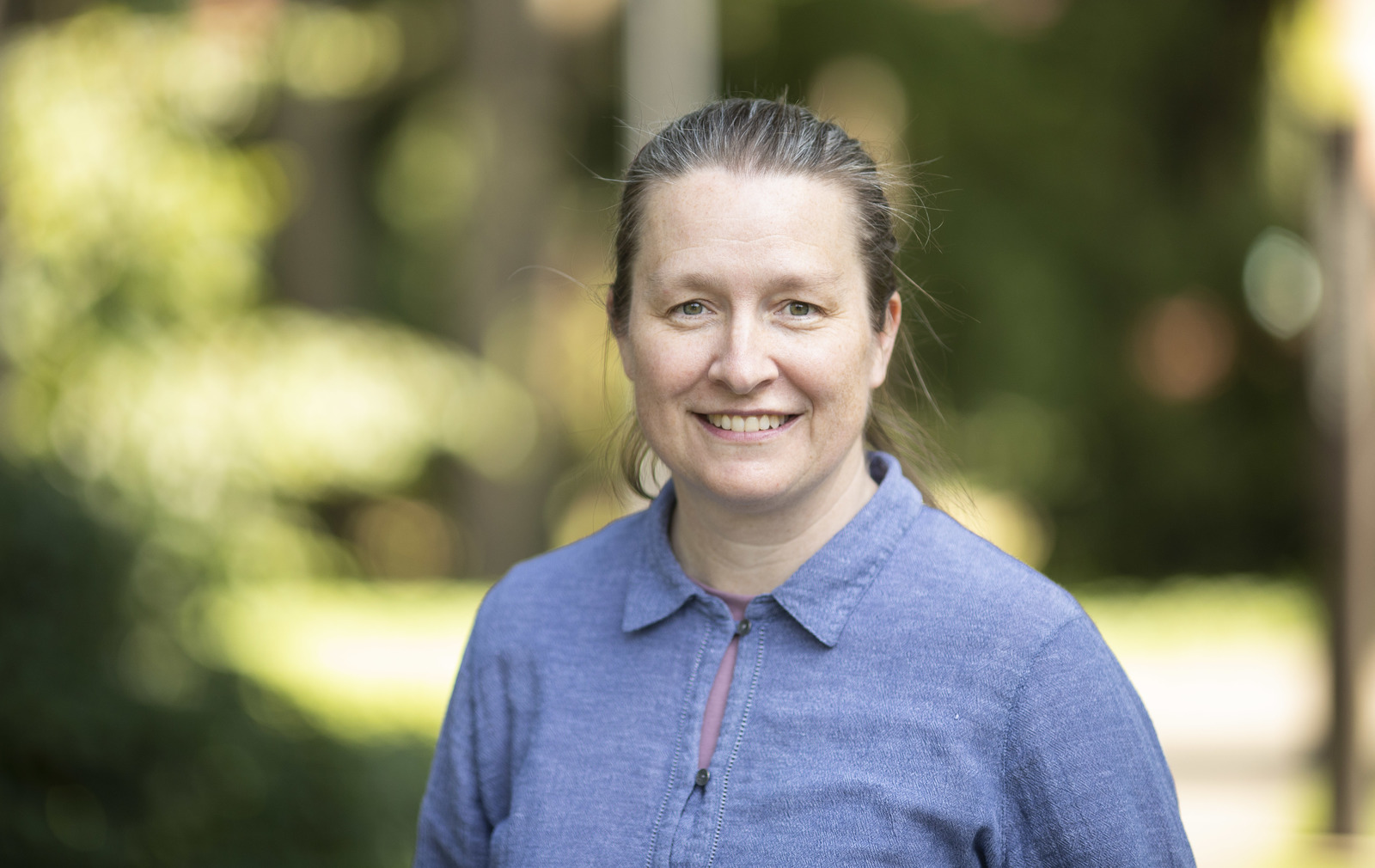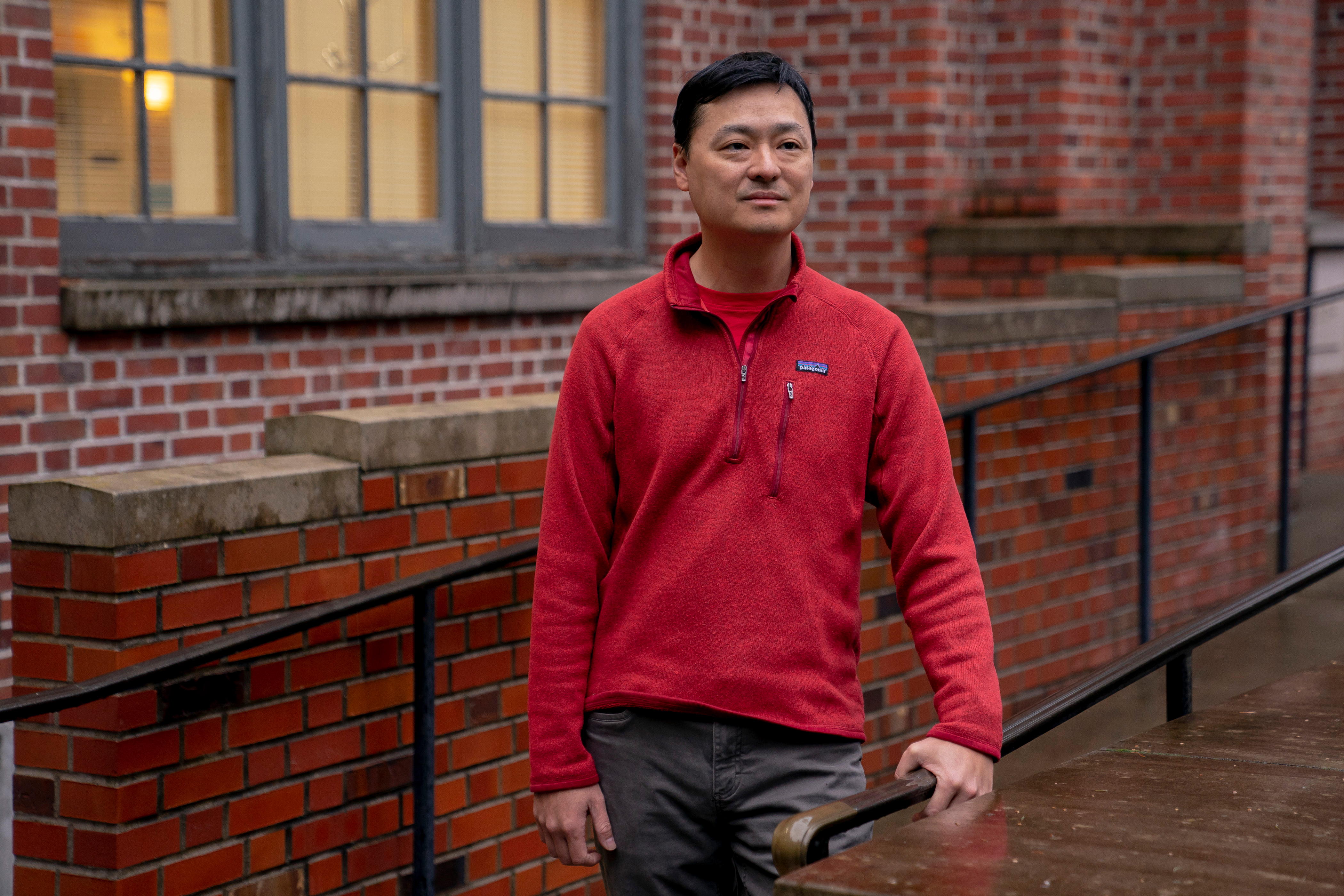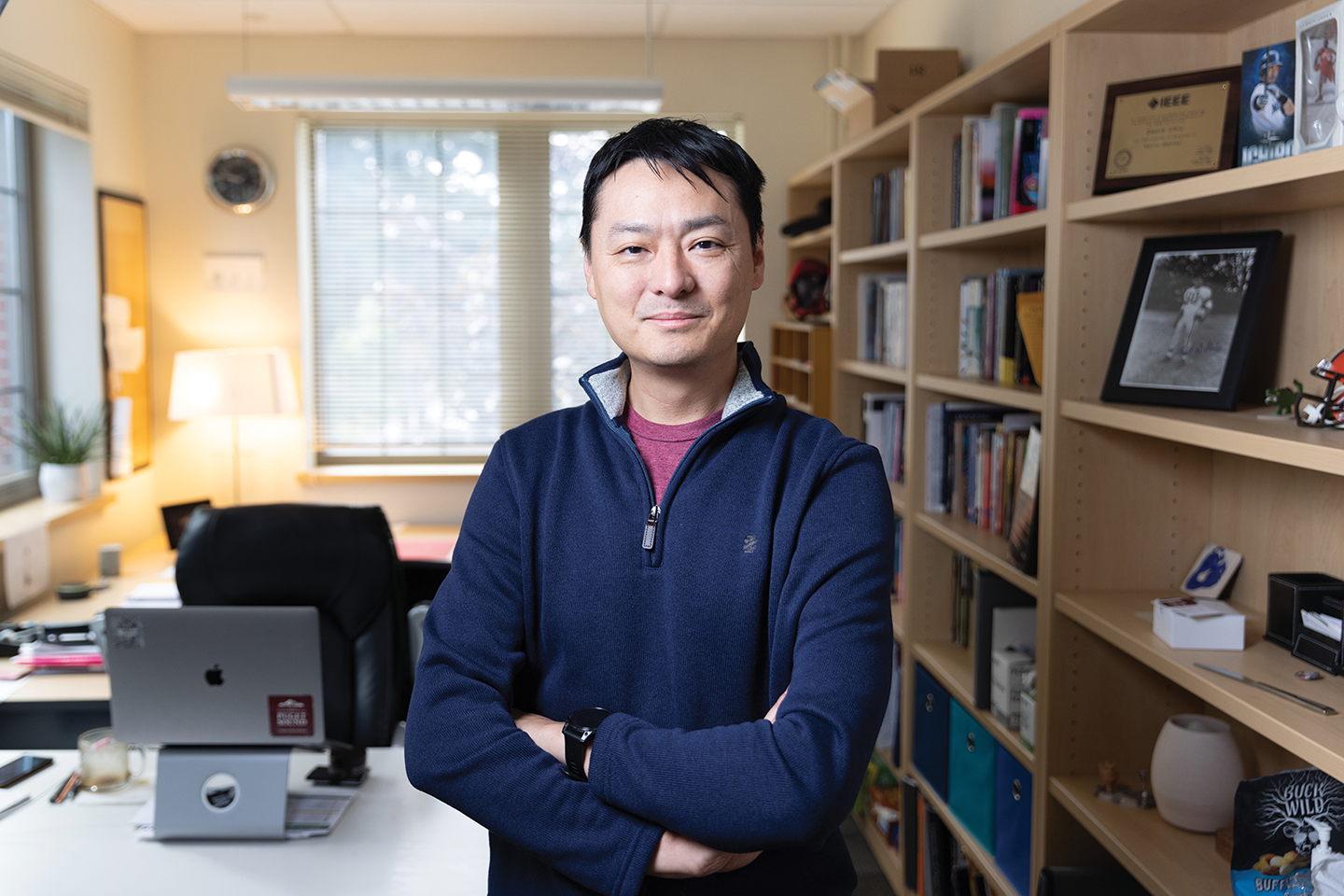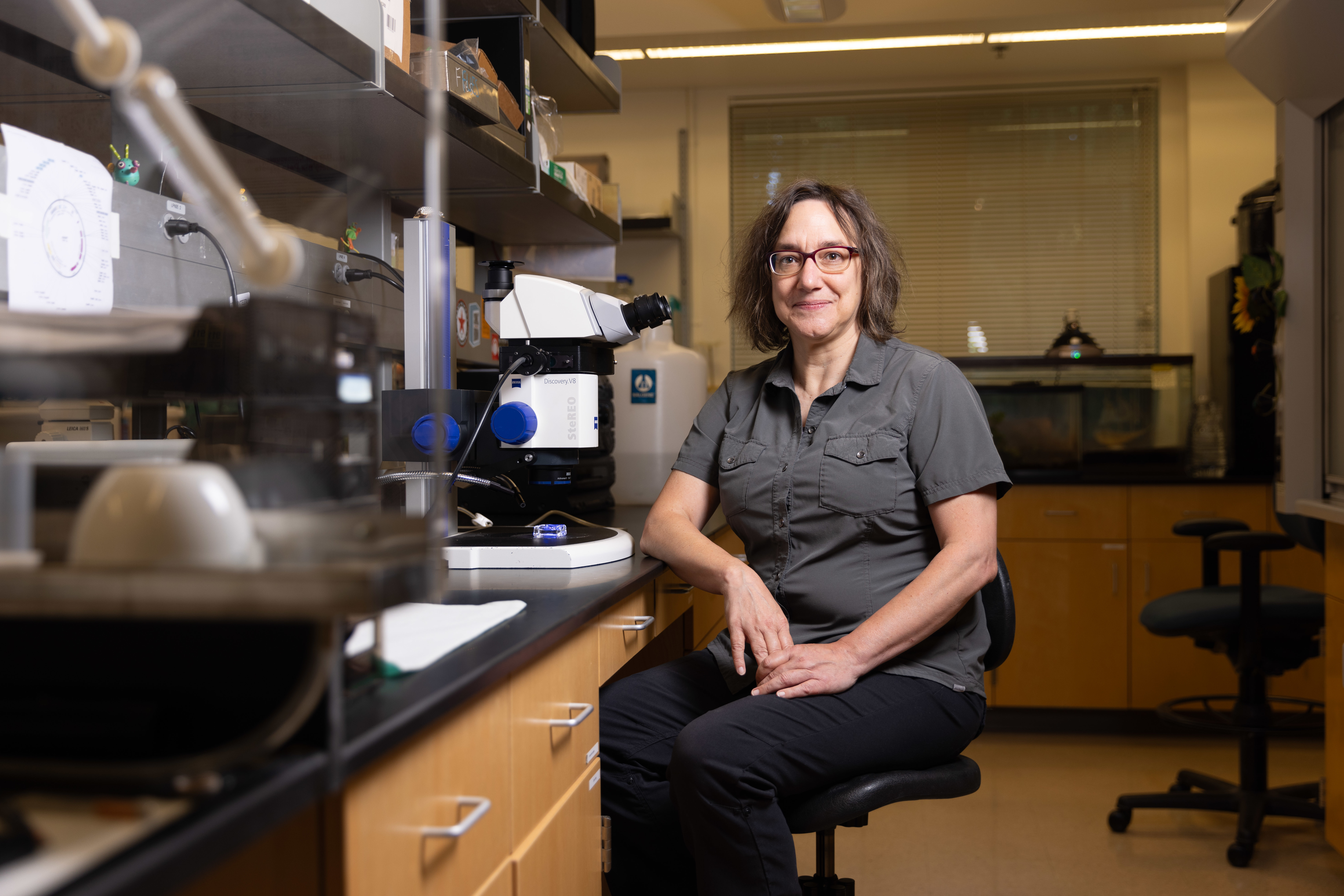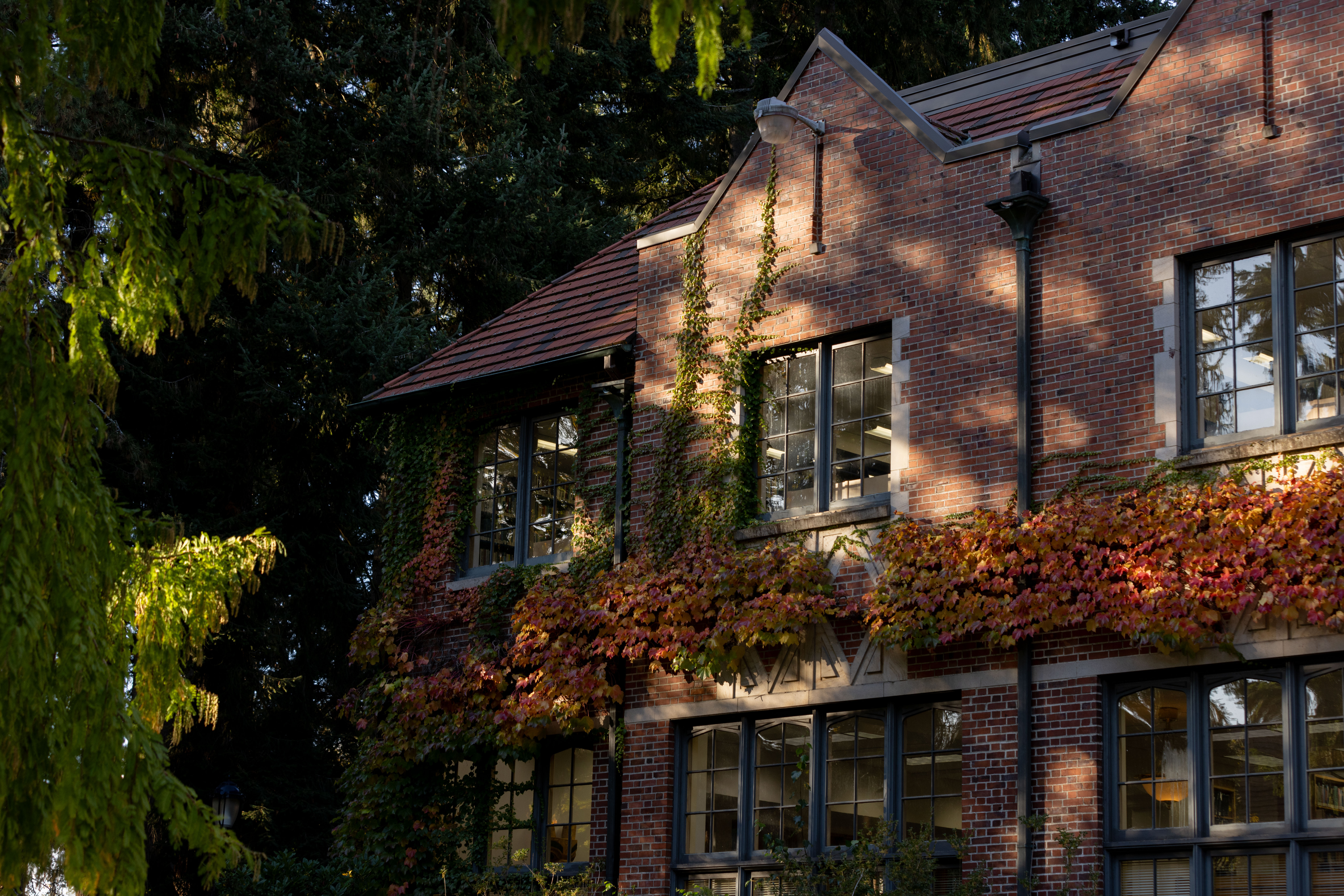For Professor Kigar, the study of religion acts as an opening. As he puts it, it makes the world “larger, more interconnected, and more interesting than you ever imagined.” This spark of curiosity began in his first year at Reed College and has remained lit since. At the heart of his approach to teaching is a question that resonates with the broader goal of creating a respectful, inclusive classroom: “How are we going to get along? How are we going to make it from here to our homes, or to our collective home?” As Kigar explains, this challenge ties directly to the task of fostering solidarity, friendship, and companionship. “And that’s the task we have to work on in the classroom,” he says.
When asked why he teaches, Kigar responds simply: “I can’t imagine life without it. The chance to think with students every day is the chance to think and to be.”
Past recipients of the Presidential Teaching Award from the department include Greta Austin and Suzanne Holland, while Jonathan Stockdale, Stuart Smithers, and Austin have all received the T.A. Davis Teaching Award. This repeated recognition underscores the department’s commitment to thoughtful teaching and the high expectations it sets for both its faculty and students.
Students at the university say they appreciate the department's courses because they challenge social and political assumptions, encouraging them to explore how people’s core beliefs shape the world. As Professor Erzen explains, “The premise of our classes is for students to be curious and generous with each other,” adding “if someone is putting forward a view that you might disagree with, instead of immediately leaping to judgment, which is so easy to do in the culture we are swimming in, ask, ‘Why do you think that?’”
Erzen elaborates that learning is about critical thinking and using the various perspectives that professors provide to draw conclusions. Being open to new understandings, especially in areas of study that carry significant weight, can be very difficult. Professors like Erzen and her colleagues across campus are constantly working within their field, evolving to meet the needs of today’s students.

